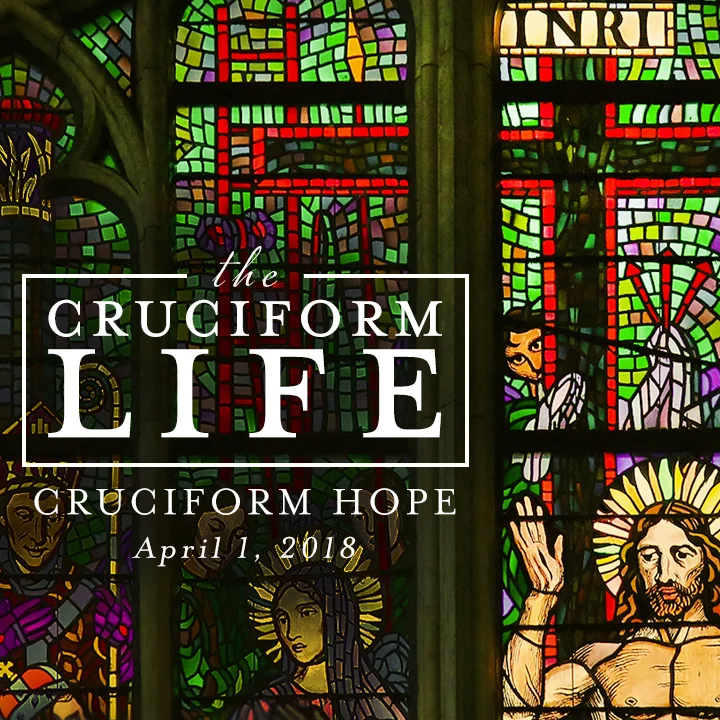
As we look to close out our Cruciform Life series soon, Corey will lead us through the rest of 1 Corinthians 15. We'll explore together what the future of God's ultimate redemption of creation and resurrection of our bodies means for our present.
This Sunday, Pastor Rick Hutton will lead us through more of 1 Corinthians 15.
This Easter Sunday, we are looking at 1 Corinthians 15 and the great crescendo of Jesus's story: that his death was not the end of his story. No, instead, in his resurrection we see first that he is who he says he was. And secondly, we are given a beautiful picture of what the cruciform life leads to: new life.
In our second sermon on 1 Corinthians 13 in this series, we’ll do a deep dive into the qualities of love that Paul names in verses 4-7. And we'll explore how these ideals are simply not natural to us, and without a deep experience of God’s love in Christ we will get nowhere with love.
Chapter by chapter in this letter to the Corinthians, Paul has been trying to demonstrate how in nearly every situation they are choosing to live by the self-centered practices of the world rather than the self-giving way of Jesus. Now, in the famous 13th chapter, he employs his coupe de grace through his extended meditation on love which we will explore together this week.
As Americans, it seems our greatest cultural value is freedom. But what does that mean as followers of Christ? Paul writes of a different kind of freedom, a cruciform freedom. Like everything we have looked at in this series, he commends a way of approaching life and freedom that is completely upside-down.
What does it mean for us to live out the cruciform identity in our physical bodies? This is the question we are looking at this week.
What are the marks of a person’s identity that has been shaped by the cross? That’s the question we’re exploring this week. The human ego is constantly trying to establish a sense of self-worth and significance through all sorts of ways, but we are called to entrust our sense of self to the Lord, the one we truly belong to.
In the second chapter of his first letter to the Corinthians, Paul continues to jab at the Corinthians misguided notions of wisdom and power. When it comes to money, power, beauty, leadership, status, security, or a myriad of other issues, are you still living by what the world considers smart, admirable and worthwhile? Paul is calling you back to the foolishness of the upside down wisdom of the cross. Become a fool so you can again be wise.
If the message of the cross is true, it means the secret to the universe is something we rarely if ever want to believe: that power is meted out through weakness. If the message of the cross is true, it means we who believe it are called to live a cruciform, a cross-shaped, life. This Lent, let’s pray that the Lord renews our vision of the cross and how we can live according to it.










